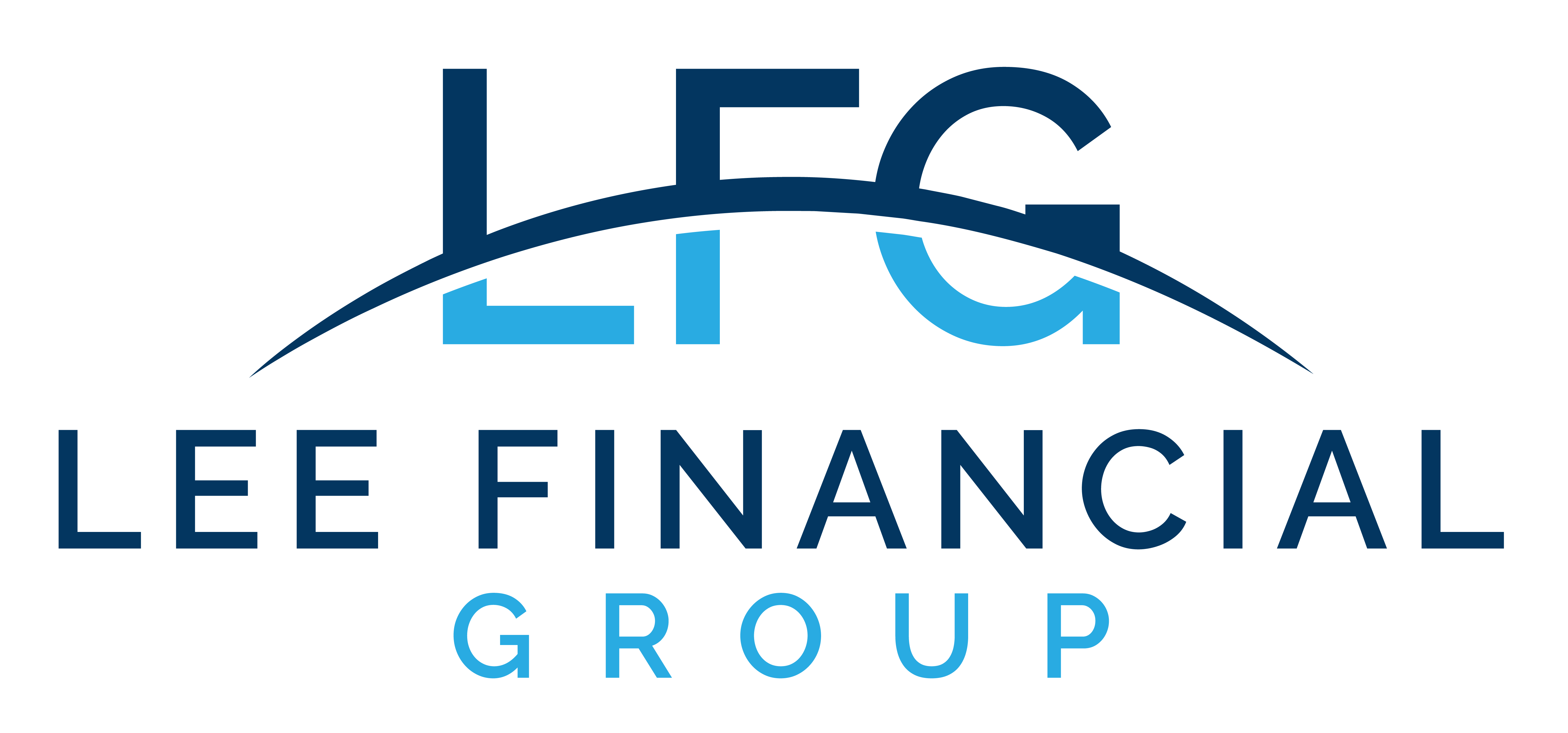Wellness, in all its many facets, is increasingly becoming part of daily life. It’s a holistic, whole-life approach that involves optimizing our physical, mental and emotional fitness. The goal is to have a healthy, fulfilling, active life with joyful relationships and experiences.
Taking time for self-care and accessing resources to help you are all popular methods to achieve wellness. What’s often missing is the financial dimension. Even worse, finances may be seen as in opposition to achieving wellness, as a scarcity or saving mindset may mean making sacrifices rather than choices.
Taking an approach that places financial wellness alongside other methods to achieve a balanced, happy life can help unite all the pieces together and can pay dividends by relieving what, for many people, is a major source of stress.
What Does Financial Wellness Look Like?
To set a baseline, financial wellness isn’t about making as much money as possible. If that is a goal, that’s fine, but generally, the idea is that financial wellness works hand-in-hand with financial literacy to help you use your money as a tool to make your overall life better.
Financial wellness means both a healthy attitude towards money and a sense of security around your finances.
Having the ability to meet a crisis, having a manageable debt load skewed towards “good” debt (like a house), and knowing that the money coming in is directed to the right places at the right times. This includes saving and spending, and it’s about making sure neither of those causes stress.
It Starts with Your Feelings About Money
One way to think of this is your “money mindset.” We learn about money first in our families. Growing up, you absorb a lot of your existing family attitudes and practices towards money. The first step to financial wellness is to unpack those. You want to understand to what extent your current money practices reflect who you are and where you are in your life and be sure you aren’t carrying attitudes, fears, or behaviors that aren’t really working for you.
Don’t Be Afraid to Communicate
Talking about money is one of the things that remains a societal taboo. Whether it happens in a relationship context, with a friend group, or sometimes even with a professional, keeping concerns quiet can foster feelings of insecurity. In a relationship, it’s critical to have honest conversations about individual and shared expenses and savings. Those need to be linked to shared goals. Feelings of shame over debt, or even over unequal amounts of wealth, can sabotage progress toward goals and create tension.
Sharing experiences with a friend group can be a valuable source of reassurance and knowledge. From how people handled different situations to getting recommendations for behaviors that have helped or professionals they’ve worked with, tapping into a bigger knowledge pool works. It also creates a deeper support network.
Budget for Abundance, Not Scarcity
Financial wellness relates back to practical concerns and tactics, and budgeting is the foundation of financial planning. But to see money as a tool to promote wellness, you need to have a mindset that your budget isn’t punitive. Your goal is to spend as much of your money as you can over the course of your life. The budgeting, saving, and investing process is just a technique to ensure that you smooth out the spending over periods when you are earning and when you are not so that your lifestyle remains at the level you want.
Look at your budget with an eye to what is important to you in your daily life, as well as the long term. Paying down debt and investing in your future should be automated so you don’t have to think about them. Depending on your income, you want to pay down debt as quickly as possible, and you want to max out tax-efficient savings.
Spending time to look at your budget and reorganize it can help you make choices that make you happier. You change over time; things that were important a few months ago may not be relevant in your life now – but you’re still spending money on them. Think of it as a seasonal tune-up – are there items you can cut out to make room for things that are more important now? Looking at how you are spending money can help you eliminate items you don’t really need so you can add items you want.
Building in money for small items and weekly splurges can help you enjoy your money and your life and can relieve the stress you feel on overspending. It can also give you structure. If you have a weekly splurge budget, it’s easier to manage against that smaller number than to put something on a credit card and then be faced with the statement a month later. It makes judgment calls and changing behavior easier in the moment too.
Make Keeping Track a Habit
Money becomes stressful when it is unknown. Download a spending app, get in the habit of reviewing your statements, and pay attention to the little things, like your car insurance going up a little bit every year. Set small goals for yourself, like staying on budget or bumping up your credit rating by paying down a big credit card bill. Keeping yourself familiar with your money is a way to relieve stress.
Tackle the Big Issues
Saving for a house, kids’ education, retirement, setting investment goals, taking a sabbatical from work, or having one spouse stop working. These are big goals, and to achieve them, you need a plan.
Once you’ve done the groundwork of budgeting, working with a professional can help you maximize your money now and in the future.
Some big items to tackle:
- Cash flow planning to unite short-term and long-term goals
- Maximizing employee benefits
- Managing equity compensation
- Tuning up your investment risk profile
- Ensuring you have adequate insurance – health, disability, life, liability
The Bottom Line
Financial wellness should be as much a part of your daily life as taking care of your physical, mental, and emotional health. Remember that money is a tool and that you have more control and agency over your money than you think. The goal is to understand the choices available to you and then make the right ones for you.






What a Weaker Dollar Means for Your Investments